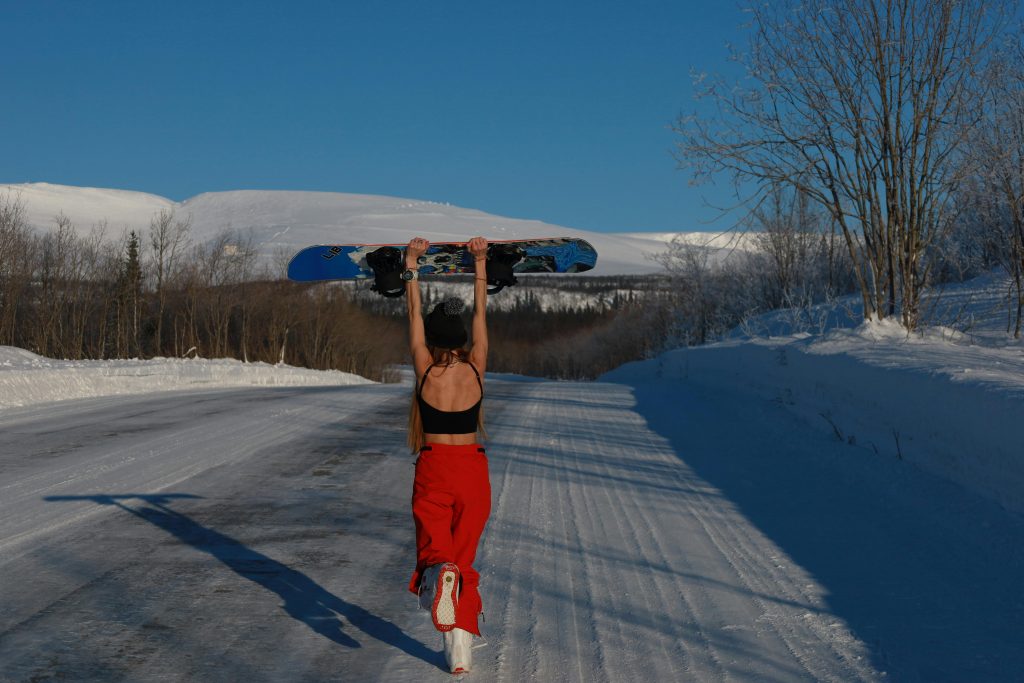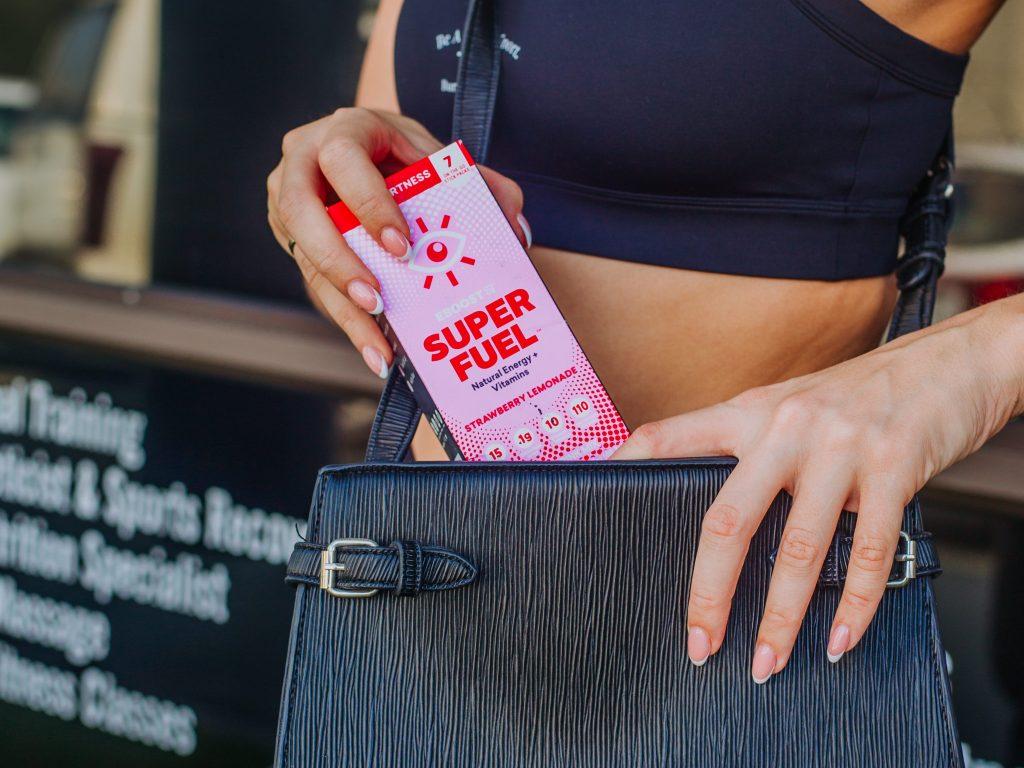As we slide into February, it is a perfect time to check in on your New Year goals. You have set some great goals for yourself in January. You are in your groove, you are getting stronger, and maybe you have lost some pounds along the way. Something that a lot of us forget to do, is check-in with our bodies to see if we are overtraining.

You are in such a great groove and don’t want to stop now. We get it. But to really achieve your best results physically and mentally, you need to make sure you aren’t overdoing it. In simplest terms, overtraining means that you’re working out too hard or too often or too long (or all of the above) without giving your body the rest it needs to recover.
When you work out, tiny micro-tears occur in your muscles, and it’s the recovery of those micro-tears that ultimately helps you get stronger. When you don’t give muscles proper time to repair, this is when some serious issues can start to occur.
Mood swings
Exercise is known to trigger a spike of cortisol, the stress hormone, in your body. When you don’t allow adequate amount of time for the cortisol in your body to level out it can have an impact on your mood.
You may feel:
- anxious
- depressed
- difficulty focusing
- hard time sleeping at night
Taking a day off can really help your body to restore. You can also try something a bit more low impact or stretching, like yoga and breathing technique practicing.
Plateaued Performance
This is typically the one that can be noticed first. When something you typically find is easy, all of a sudden seems a bit more challenge to get through… this is a sign that your body is overtrained.
Aches
We aren’t talking about the second day sore aches. These are aches that linger and just overall feel like your body has some heaviness to it. The aches stick around and make things you do in your everyday life, a bit more challenging than usual.
What to do if your body is overtrained:
- Rest.
- Lighten up your workouts.
- Eat well.
Recover after your workouts with RESCUE. Our RESCUE is filled with branched chain amino acids (BCAA). BCAAs are a group of three essential amino acids: L-Leucine, L-Isoleucine, and L-Valine. Those BCAAs help support muscle protein synthesis and can help support muscle recovery, muscle strength, and delay muscle fatigue. Recover quicker with RESCUE.





